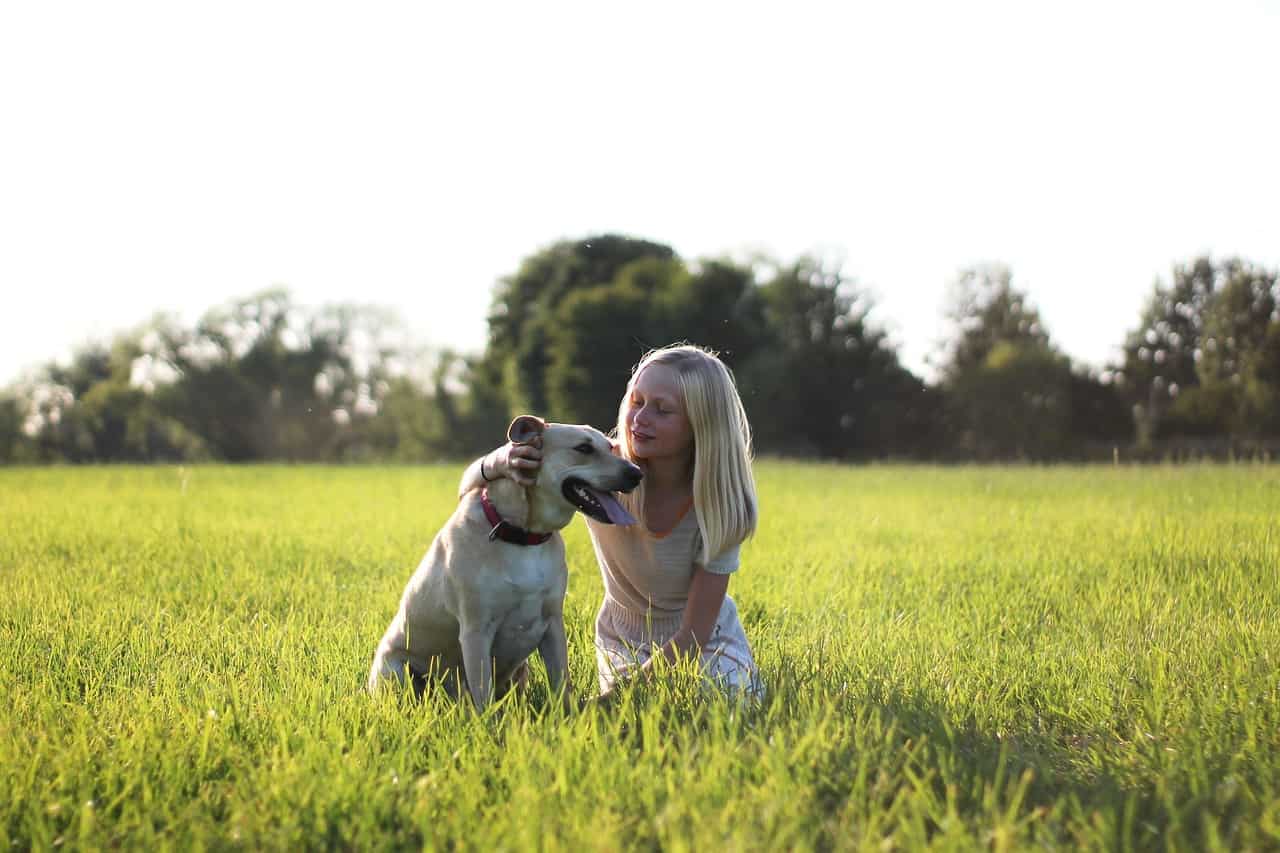Like many children, I had a fondness for animals in my youth. My family kept backyard chickens during my childhood, and I adored newly hatched baby chicks. I found it immensely comforting and beautiful to see a mother hen care for her brood of baby chicks. My mom often reminisces about my attempts to wipe the feet of little chicks after they had scratched around in the dirt because I wanted their feet to be clean. While feet could be cleaned, I could not control predators who left me heartbroken when they snapped up the chicks. Besides chickens, other animals such as stray cats, dogs, and cows also received my attention and affection.
I remembered my childhood affection for animals when I recently read a news story about a 9-year-old girl in Northern California who had raised a goat for a program at a county fair. At the end of the program, she was supposed to hand over the goat for slaughter as per the rules of the program. However, the little girl had bonded with the animal she had raised, and so refused to give it up for slaughter. What ensued was a tragic tale of a little girl’s broken heart, a dead animal, and the wasteful use of government resources to ensure the dominance of the meat industry.
In this program, children receive young animals and instruction to raise them with the caveat that the animals will be auctioned off for slaughter on maturity. Thus, even though the slaughtered goat did not legally belong to the girl, the story angered many people because a little girl was devastated by the cruel slaughter of her goat. People were outraged on her behalf because we prefer kindness to legalism in such situations. We know that even if we are given dominion over something, we have to act according to the kindness and compassion that stems from our humanness. This little girl deserved better, and by extension, the goat deserved better.
Children have a beautifully innocent relationship with animals. Animals are happy characters in their storybooks and songs. Animal cartoons are printed on their clothes and bedsheets. They are their companions as stuffed toys in their cribs. Children dress as animals for Halloween. They cry when they see animals hurt in movies, and they want to adopt every animal in distress. Children wear their hearts on their sleeves in displaying their adoration for animals.
Because I do not have children of my own, I miss out on the privilege of seeing the world through the innocence of a child. But I have seen many videos of children in shock when they realize that meat is the flesh of animals slaughtered for us. Even though they cannot articulate their ideas in a philosophically robust manner and continue to eat meat despite their inner conflict, they display remarkable compassion for other creatures. Children are aware and open about their feelings of being connected to animal suffering. Unlike adults, they have not yet learned to ignore their feelings or rationalize them away as mere emotional gibberish.
This display of compassion by children can revive the dulled sense of empathy in adults. Even if we have lost the ability to empathize with animals in pain, it is impossible to ignore the emotional suffering of a child who is in anguish because her goat was slaughtered for meat. In that way, children can be that bridge to compassion for adults who have learned to disconnect from animal suffering. When we are jaded due to the pressures of our world, children can shake us out of our stupor that ignores the suffering of others.
Compassion is an important part of our humanity. At some deep level, we care about others even if we have nothing to gain or lose from the situation. For instance, many of us have felt pain when we have seen a suffering animal on TV. At first glance, it seems highly illogical that we become distressed at the sight of other creatures suffering. Usually, we have nothing to gain by helping, or we cannot do anything about the situation. Feeling a sense of distress in such cases seems futile, and even harmful because feeling distressed can lead to ill physical and mental health.
But on further reflection we can see that because we are made for love, our apparently illogical empathy is a constant force that guides us to live for love. God created us with this inner compass that directs us to work for the well-being of others especially when they are in dire need. When self-preservation, apathy, and a fixation for comfortable living draw us away from our telos of love for neighbor, empathy and compassion reminds us that our lives are meant to be lived in service of God and His creation. And so children, with their unabashed display of compassion, remind us to remain true to our highest purpose: love for others, especially those who are suffering.
If compassion for people and animals is a deep-seated aspect of the human condition, our current treatment of animals is an utter rejection of an important aspect of our humanity. It would be impossible to walk through the factory farms that provide animal-based foods in our country, and be unmoved by the immense and needless suffering that we inflict on innocent creatures. If you are unfamiliar with conditions inside factory farms, I would invite you to watch the documentary movie Dominion that contains footage from factory farms from across the world. Western countries have rightly instituted laws against animal cruelty, but farm animals are bewilderingly excluded from humane treatment. As Nicholas Kristof writes, “Abuse one animal, and you can be charged with a felony; abuse a million, and you have a business model.” I would add, abuse a billion and you have our culture that celebrates every occasion with slabs of meat.
Our desire for meat arising from historical, cultural or personal reasons has led us to ignore our innate desire for kindness to animals. But those reasons are not binding on us as our culture and behavior is liable to change according to our preferences in changing contexts. Paying slaughterhouse workers to do the sordid work of killing animals on our behalf, or using false rationalizations such as the necessity of meat in human diet does not absolve us of the sin of rejecting compassion towards animals. Furthermore, the glaring incongruence of blissfully eating beef steak while fawning over our dogs should give us pause. Even though dogs and cows have similar levels of sentience and cognition, we seem to arbitrarily pamper one and slaughter the other. Care and slaughter of animals cannot both be considered as compassionate behavior.
Though we may not abuse animals directly, we are complicit in participating in animal cruelty through our daily dietary choices that include products requiring cruelty to animals. Many of us willfully ignore the sources of our meat, milk, and eggs because we wish to continue indulging in our meats and cheeses. When we practice silencing our compassion for animals, we also learn to silence our compassion for humans. For instance, research shows that people who abuse animals tend to abuse humans as well. And as Pope Francis wrote in Laudato Si (#92), “It follows that our indifference or cruelty towards fellow creatures of this world sooner or later affects the treatment we mete out to other human beings. We have only one heart, and the same wretchedness which leads us to mistreat an animal will not be long in showing itself in our relationships with other people.” When we learn to ignore the suffering of animals, we inevitably learn to be apathetic to human misery around us.
By suppressing our ability to show compassion, we reject our human identity of being made in the image and likeness of God who is all loving and infinitely good. We become a little less human by suppressing our inner compass of compassion. Ironically, by rejecting the very things that make us human, we become more like the animals over whom we claim to have utter dominion. This rejection of empathy and compassion has enabled the occurrence of ghastly atrocities in human history: genocide, slavery, and murder. When we learn to switch off compassion, power becomes the ultimate arbiter of our actions. And power without compassion is very dangerous indeed.
The next time I see an animal in distress, I hope to open myself to the childlike compassion that enables me to feel its pain and sorrow. In a world rife with violence, I pray that I will cling to this childlike compassion for all creatures. God, in His infinite goodness, created me to be compassionate to all of His creatures. May I always strive to keep alive that flame of boundless compassion for all God’s creatures.


